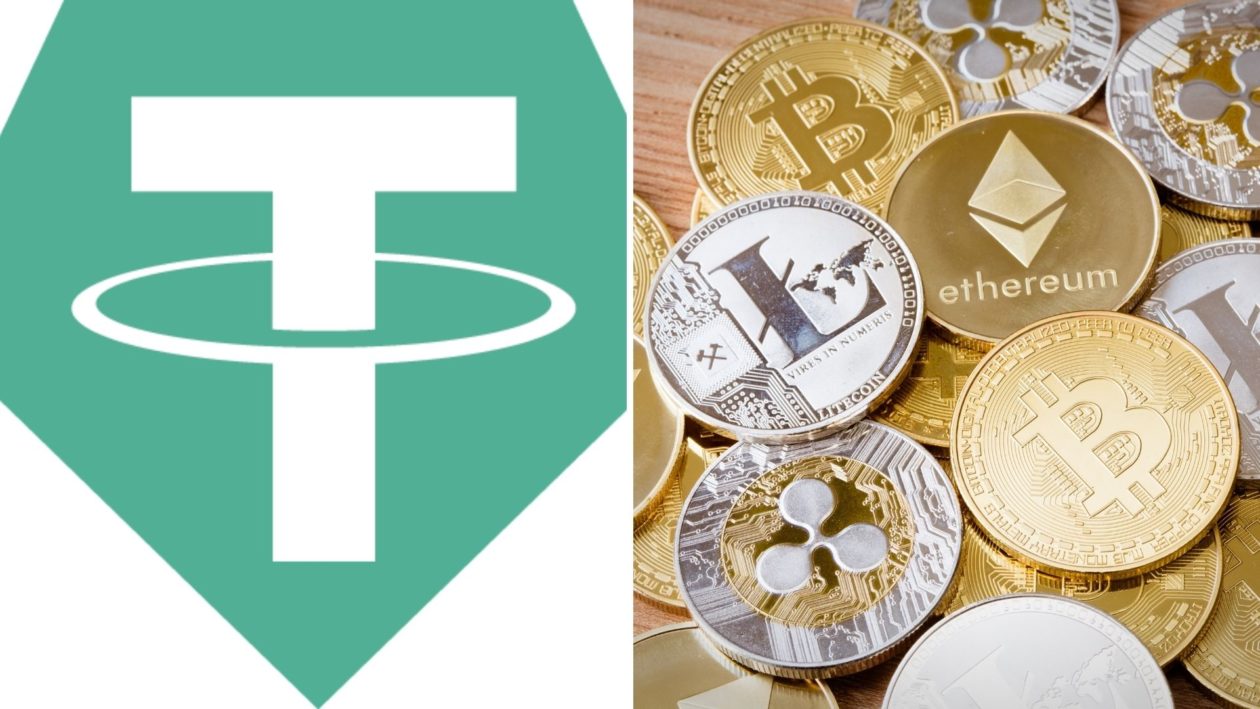Explosive reporting emerged overnight saying that executives from Tether — the world’s largest stablecoin — are under increasing pressure by U.S. federal investigators in a case involving suspected bank fraud.
The report said prosecutors were scrutinizing Tether for potentially concealing that certain transactions several years ago were linked to crypto. Bloomberg cited three sources claiming to have direct knowledge of the matter, all of whom wished to remain anonymous.
Tether was quick to respond to the article in a blog post, claiming that Bloomberg was “repackaging stale claims as ‘news’,” highlighting that the media outlet’s sources had chosen to remain anonymous and suggesting the report was part of a “continued effort to discredit Tether.”
However, the Justice Department’s interest appears to current, with the sources saying the letters advising of the investigation had been sent out only in recent months. Although no official decision to bring charges has yet been made by the Justice Department, the notices suggest that may be on the cards.
The stablecoin has been embroiled in legal troubles for the past few years. Tether and sister exchange Bitfinex settled an inquiry in February with the New York State Attorney General for US$18.5 million. The 22-month investigation examined whether Bitfinex had sought to cover up a loss of US$850 million of funds. As part of the settlement, Bitfinex admitted no wrongdoing, but agreed to provide quarterly reports on its reserves for two years, the first of which was released in May.
Stablecoins are cryptocurrencies that are pegged to a traditional asset in order to guard against volatility. Tether had always claimed it was backed predominantly by the U.S. dollar, but its first public report showed that only a minority of the assets backing the currency were cash, the majority being unsecured loans.
The latest allegations come amid increasing scrutiny of stablecoins in the U.S. recently, as Securities and Exchange Commission Chair Gary Gensler and Treasury Secretary Janet Yellen have both made public calls for further regulation of the industry. Gensler said last week that cryptocurrencies whose prices were based on traditional assets — i.e., stablecoins — could be subject to the same securities laws that govern those underlying assets.
Only a few days earlier, Yellen said the regulators needed “to act quickly to ensure there is an appropriate U.S. regulatory framework in place” for stablecoins. Yellen’s concerns related to what she saw as stablecoins’ “potential risks to end-users, the financial system and national security”
Tether plays a significant role in the cryptocurrency ecosystem, often used to trade for Bitcoin due to its stability. Any action that affects one coin often has an effect on the other.
At press time, Bitcoin had had a tumultuous 24 hours, surging more than 15% to briefly breach the US$40,000 mark for the first time since mid-June but since paring those gains.
That price movement seems, however, to be unrelated to the news about Tether, and could be more closely linked to rumors that retail giant Amazon is planning to accept cryptocurrencies as payment within the year, although the notion was dismissed by CEO Jeff Bezos this morning.





